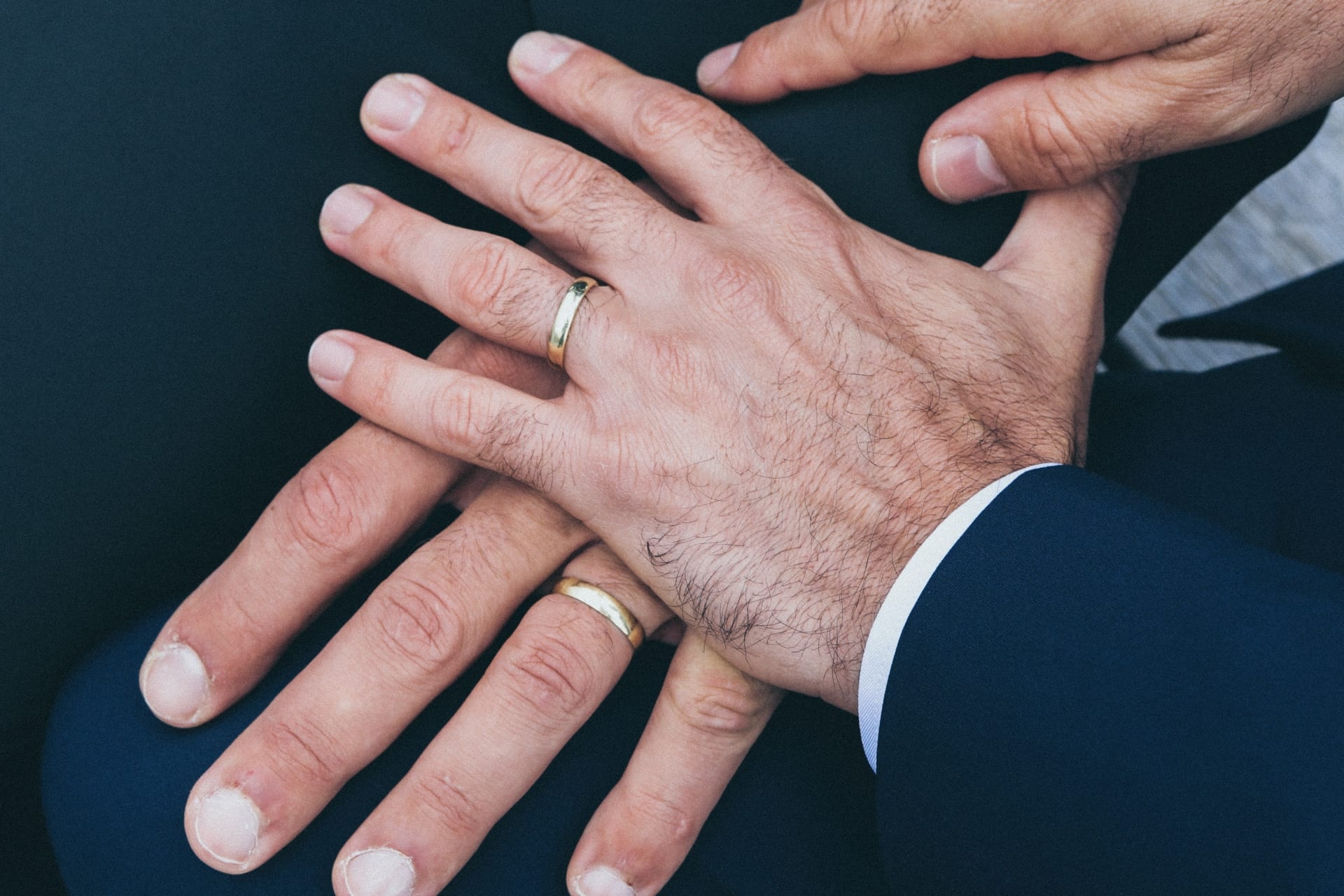
One day, we may know more about the numbers of LGBTQ citizens in America. Sadly, today’s not that day.
The Census Bureau has recently released data stating that 1 million same-sex married and unmarried couples are living together nationwide. While that might seem significant at first, that ultimately means same-sex households only make up 1 percent of all U.S. homes. In addition, the Census Bureau admitted that they’re only guessing.
“According to estimates from the 2019 Current Population Survey Annual Social and Economic Supplement (CPS ASEC), there are 543,000 same-sex married couple households and 469,000 households with same-sex unmarried partners living together,” the Census stated. “This compares to 61.4 million opposite-sex married and 8 million opposite-sex unmarried partner households. In addition, 191,000 children live with same-sex parents.” Based on those numbers, the estimated amount of same sex couples and family households still register as 1% of the country’s total households.
Roll Call reports, though, that these numbers are just estimates. The actual data is still unknown and advocates are concerned of the Trump Administration’s interference with collecting said data.
As Roll Call writes:
“The Census Bureau plans to include more data about same-sex relationships but advocates worry decisions by President Donald Trump’s administration have hindered efforts to count LGBTQ residents as a whole. Limiting that ability may have implications for assessing the needs of the community as well as spending in federal programs.”
“The possibility of the citizenship question, in addition to the Census already struggling to hire enough people, leaves fear that the 2020 Census may be messy, at best – or tainted, at worse. A Trump administration employee is already accused of lying under oath in furtherance of the executive branch’s hope to force this question onto the survey, both in hopes of gerrymandering in conservatives’ favor, and cruelly target immigrants and non-naturalized citizens as much as possible, and now the Department of Justice is shelling out tax money in damages and attorney fees for it.”

Limitations in counting LGBTQ citizens leads to the inability to assess and address the needs of LGBTQ people. For instance, lack of data means we don’t have a true view of how issues like poverty affect LGBTQ people. That then means organizations like the Salvation Army can spread misinformation like its “largest provider of poverty relief to the LGBTQ+ population” claim. Ironically, the organization made the statement while arguing facts must be shared instead of misinformation (and simultaneously not sharing facts to defend their “largest” claim).
“We serve more than 23 million individuals a year, including those in the LGBTQ+ community,” wrote the organization. “In fact, we believe we are the largest provider of poverty relief to the LGBTQ+ population. When misinformation is perpetuated without fact, our ability to serve those in need, regardless of sexual orientation, gender identity, religion or any other factor, is at risk.”
Unfortunately, the Census Bureau’s biggest issue with collecting data, besides conservative/religious opposition, is the sensitive issue of coming out. Officials haven’t cracked the code on correctly asking residents about their sexual orientation in government surveys. Currently, the 2020 census asks people if their marriage is same-sex or opposite-sex. This is a way to make the conversation slightly less personal.
“To better gauge the makeup of U.S. households,” The Census says, they are “changing the relationship-to-householder question to include opposite-sex/same-sex options, and adding gender neutral parent identification questions that allow respondents to identify as having two mothers or two fathers present in the household.”
But is that enough to start recognizing LGBTQ people in the nation? Most certainly not. But with the country’s census being such a highly politicized event and document, it appears it’s the best that advocates and allies have managed in several years.
“The focus on same-sex couples reflects growing family diversity in the United States,” the Census Bureau wrote on Tuesday.
Perhaps at some point, we’ll have a better understanding of what that actually looks like.
Source: Roll Call, LGBTQNation
